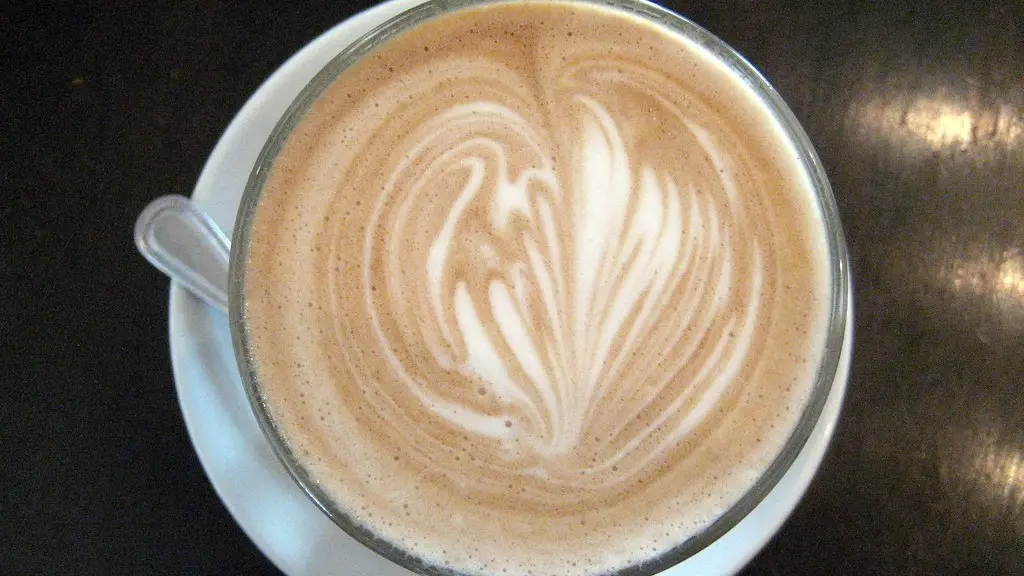Tooth extractions are a form of oral surgery that can be a life changer and can sometimes improve the aesthetics of your smile. This procedure brings along some aftercare instructions, and one of the most common that people ask their dental practice is how long after their procedure can they drink hot beverages, particularly coffee?
Hot drinks like coffee were always part of our lives, and when it comes to medical issues, many people feel frustrated when not being able to continue their typical lifestyle. So let’s see in-depth what the answer to our question is.
Most dentists advise patients to wait at least 48 hours before choosing to drink hot beverages, the reason being that our mouths need that time to close the hole after the extraction and start the healing. Here are some of the things that can occur if we go against this advice:
- Piercing the clot – the clot forms over the socket and is an improvised bandage to cover the wound and protect it from external invaders.
- Pain – probably the most common symptom that people experience when drinking hot beverages too early.
- Infection – this is probably the most serious complication that can be linked to drinking hot drinks too early after an extraction.
It is important to remember that what every dentist will usually advise is to wait at least 48 hours before drinking hot beverages post-extraction, however, this doesn’t mean that you should go to consume them after that time even if the pain and discomfort is gone. In fact, it is recommended to wait another few days before drinking coffee and other hot drinks.
The healing time greatly varies from one case to another, there are some cases where people had their normal lifestyle in 2 or 3 days after the extraction, but it is also possible to have a long recovery process. The time of recovery will also depend on other criteria such as:
- Damage of the gum – a deep extraction will certainly last longer than a simple extraction.
- General health – a healthy person tends to heal faster than somebody with a weakened immune system.
- Age – the young tend to heal faster than the elderly.
In conclusion, it is important to follow your dentist’s instructions and even if you are feeling fine after 48 hours, wait a few more days before starting consuming hot beverages like coffee.
Pre-Surgery Preparations
Before any type of dental extraction, there are a few preparation steps that are important to follow. These may change from one case to another, but some are part of the common routine.
- Visit your doctor and share your full medical history with them. Make sure the dentist knows your general health conditions, medications and allergies. All of these factors can make a difference in a dental extraction.
- Choose the day of the surgery, plan it in advance and make sure to not attend to any type of commitment during the recovery phase.
- Plan your post-surgery meals in advance and make sure to have enough for the entire recovery process.
- Choose a responsible adult to take you to and from the dental clinic if necessary.
Although dental extractions are a delicate procedure, they should not become a barrier to embracing the style of life we thought of having.The importance of a good aftercare process can’t be stressed enough, and a simple preparation before the surgery can go a long way.
How To Care for Your Mouth After Tooth Extraction
It is normal for our mouth to feel sore after an extraction, however, this process can be shortened if we take proper care of ourselves immediately after the surgery. Here are a few tips:
- Gently rinse your mouth with salt water after 24 hours – Don’t do it sooner unless the dentist specifically tells you so. This will help reduce the amount of bacteria in your mouth.
- Don’t use gauze when bleeding – this is an old approach that was left behind a couple of years ago. Just simply bite a piece of clean cloth, it will put enough pressure on the wound.
- Avoid straws and spit – the action of sucking and spitting can take the clot away and leave you vulnerable to infection or dry socket.
- Over-the-counter medications are common – you can find pain and anti-inflammatory medications that don’t need a prescription. Always check with the dentist before taking any OTC medications.
The most important part of the healing process after an extraction is to follow the instructions given by our dentist. The rules may be different from one patient to another, so make sure to also pay attention to the instructions given by the specialist.
How To Avoid Infections After Tooth Extraction
Infections after tooth extractions are rare, but they can still happen. As a precaution, it is important to do our part in order to avoid any complicacies.
- Maintain the clot – blood clotting is the main process that will protect the wound and lower the chances of infection significantly.
- Cleanliness – although brushing with a soft toothbrush is not recommended during the first 48 hours, it is important to maintain our hygiene established with consistent use of ozone treatments and mouthwashes.
- Know your limits – physical activities are a part of our everyday lives, but during the time of healing it is important to take a few days off to rest and reduce the chances of infection.
- Visit the dentist – the extraction process might not be completely done at the consultation. Make sure to visit the dentist if something seems off to you or after the 48-hour period.
Depending on the severity of the extraction, the dentist might prescribe antibiotics to help the healing process. It is important to stick to the instructions and consume the full course prescribed.
Home Remedies for Tooth Extraction Aftercare
There are some home remedies that you can use in order to make the healing process easier.
- Clove – clove oil has been used in dentistry and oral care since ancient times. Just put a single drop on the tip of your tongue and wait a few seconds before swallowing it, or apply a small amount directly to the area.
- Ice packs – although ice should not be applied directly on the area and for long periods of time, it can help relieve the pain and reduce the swelling.
- Hydration – making sure to keep your body hydrated will help in the production of saliva that contains healing compounds.
- Broths – soft and fresh broths are part of the post-extraction diet and can help the wound heal faster.
These home remedies can help the process of healing, however, it is important to talk to your dentist in order to make sure what treatment plan is best for your particular case. Sometimes a modified diet is necessary and a specialist can help you through it.
What Type of Food to Eat After Tooth Extraction?
Having a nutritious and balanced diet while recovering from a dental extraction is important and has proved to reduce the postoperative swelling and the risk of infection. Here are the most recommended types of foods after the procedure:
- Soft fruits – ripe fruits such as bananas and avocados are a great choice after the extraction process is complete.
- Soft cooked vegetables – steamed or boiled vegetables such as sweet potato, pumpkin, carrots, or asparagus can provide the necessary vitamins and minerals to support the healing process.
- Protein – even if it is usually recommended to avoid eating anything solid during the first 48 hours, lean meats such as chicken, turkey, or fish can provide the right dose of proteins after that time.
- Other – eggs, plain yogurt, and oatmeal are part of the post-extraction diet. These foods are easy to chew and swallow, and provide enough nutrition to support the healing process.
Even if it might seem a little rigid at first, the proper nutrition can make all the difference in the world when it comes to dental extractions. Eating the right types of food during the recovery phase can significantly reduce the pain, discomfort and the overall recovery time.




